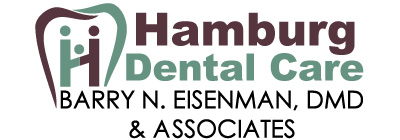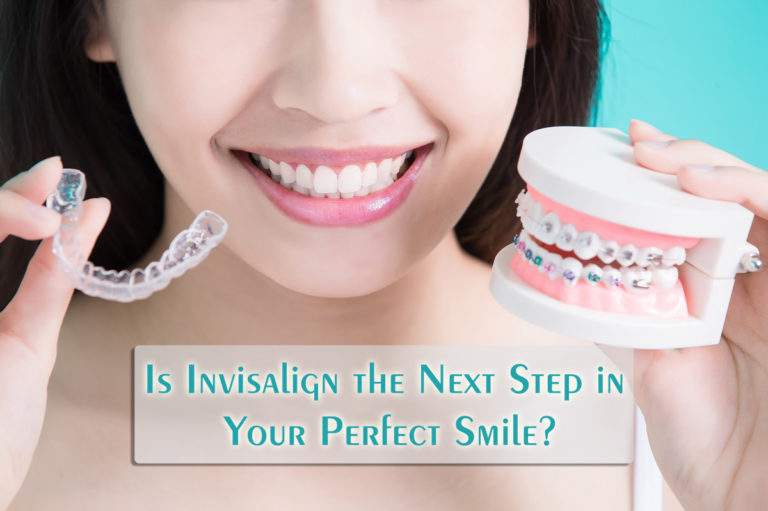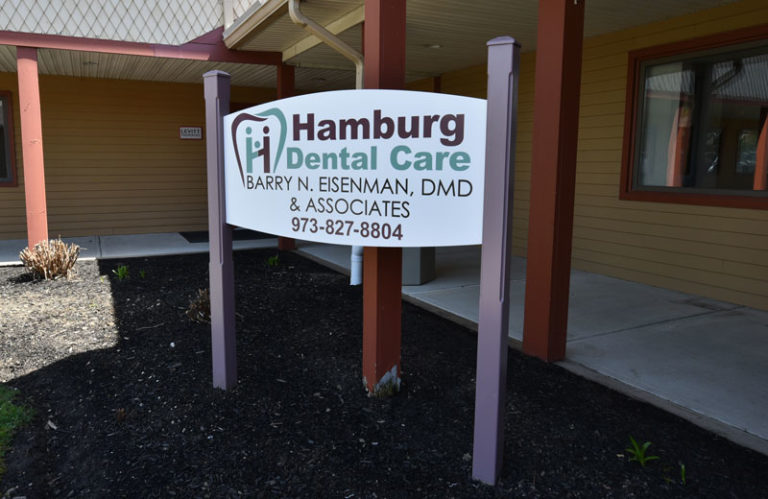Eating disorders directly affect the health of our mouths and teeth in more ways than one. If you or someone you know is struggling with an active eating disorder, please contact the National Eating Disorder hotline at 800-931-2237.
When considering how an eating disorder affects the body, most people don’t think of oral health. In this blog, we’ll go over the ways eating disorders can affect our oral health. We’ll also cover the various ways dentists can help people with their recovery.
But oral health is directly related to proper nutrition. Not getting the right nutrients for extended periods of time harms your teeth.
And during an eating disorder recovery you may not consider your dentist an ally but in fact, dentists are just that.
They provide a safe place for you to disclose any dental concerns caused by eating disorders.
Types of Eating Disorders
Current national surveys estimate that 20 million women and 10 million men in America will have an eating disorder at some point in their lives.
Eating disorders are mental and physical illnesses that cause unhealthy eating habits. There are several different types of eating disorders. And while they all have similar characteristics, each person may experience different symptoms.

Anorexia
Anorexia nervosa is a very common eating disorder and also the most dangerous.
Characteristics of anorexia include the need to be thin and self-imposed severe food restrictions. Anorexia also involves a severe fear of gaining weight.
People with anorexia see themselves as overweight when in reality, they are underweight.
Like other eating disorders, anorexia may present with different characteristics in certain people. Some individuals with anorexia may exercise excessively while others may force starvation.
Anorexia can cause many complications within our bodies. These include but are not limited to – osteoporosis, heart damage, and even infertility.
In severe cases, people with anorexia refuse important dietary nutrients. They stop eating the best foods for their health. This is when anorexia becomes life-threatening and dangerous.

Bulimia
Bulimia nervosa shares many similarities with anorexia. Although, unlike anorexia, people with bulimia may not concern themselves with food consumption.
This is because bulimia consists of regular purging after eating large amounts.
People with bulimia also experience deep feelings of depression and shame after eating. This results in feeling the need to purge after eating anything.
Constant purging from bulimia can often cause dehydration. In extreme cases, it can also cause the body’s electrolytes to get out of balance. This puts extreme stress on the body.
Binge Eating
Binge eating is the most common eating disorder in the United States. Binge eating is consuming large amounts of food to the point of being uncomfortable.
Unlike other eating disorders, binge eating does not consist of purging. Binge eating consists of a cycle of lack of control with food consumption.
People who binge eat cannot control regular food intake. They often eat more rapidly than others. Then, feelings of depression and guilt typically manifest.
Eating disorders often come with frequent purging after eating. This makes it difficult for our bodies to keep the nutrients we need to survive.
Poor nutrition has many negative effects on our bodies. But we may not always consider the effect it has on our oral health.
Even without vomiting, a lack of nutrients and vitamins can still affect your teeth, gums, and tongue. Dental problems affect your overall health in more ways than one.
Let’s take a deeper look into the ways that eating disorders affect the mouth.
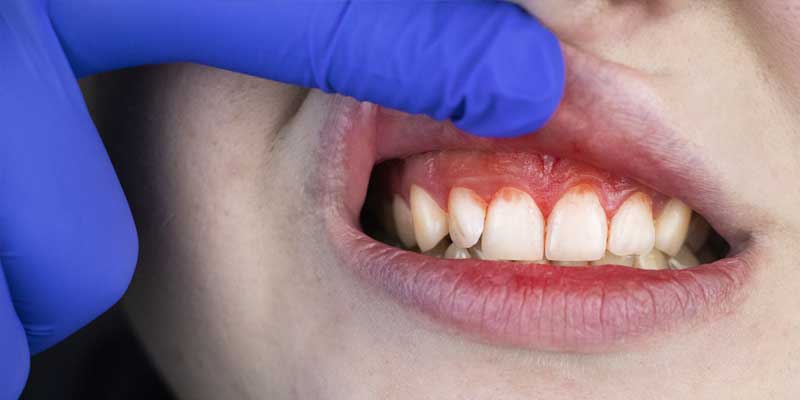
Bleeding Gums
Our gums are susceptible to a lot of damage without proper nutrition. An improper diet can leave gums soft and sensitive causing bleeding gums and gum disease.
Poor nutrition levels also cause our glands that produce saliva to swell. This can then lead to chronic dry mouth as well.
Tooth Decay
Another part of our body that’s susceptible to damage from purging is our teeth. Frequent vomiting causes stomach acid to build up on our teeth. This causes the tooth’s enamel to become thin and weak.
Stomach acid build-up can also cause the color and sometimes even the shape of teeth to change. Due to its erosive nature, stomach acid can even cause the edges of teeth to break off.

Jaw and Mouth Damage
Jaw damage is a complication of eating disorders that often go unnoticed. Frequent purging can cause degenerative arthritis within the jaw joint.
Our temporomandibular joint is where the lower jaw hinges to the skull. Degeneration of the jaw can lead to serious arthritis issues.
These issues can cause headaches and problems opening or closing the mouth.
Purging also leads to potential scratches or cuts inside the mouth. This is the result of applying harmful pressure in your mouth in order to purge.
Salivary Gland Issues
Some eating disorders cause a constant cycle of binging and purging. This consistent cycle can sometimes enlarge the salivary glands.
Enlarged salivary glands can be very painful. Sometimes, these glands become so enlarged that they are visible to others.

Treatments
The good news is that a dentist can treat most of the issues brought on by eating disorders.
A trusted dentist will work with each patient no matter where they are in the process of recovery.
For example, a dentist may work with a patient who is in the middle of their recovery plan. In this case, a treatment plan would include fixing past damage and providing oral care tips in case of any relapses.
If a patient has an active eating disorder, dentists can provide a safe place for their patients to talk about oral concerns.
They can also provide tips to decrease further damage and talk about the importance of regular dental visits.
Some tips for people with an active eating disorder include rinsing with water only after purging and resisting the desire to brush.
Brushing after purging may cause stomach acid to get scrubbed into your teeth instead of washing away.
Other treatments for people with an active eating disorder may include fluoride rinses and regular teeth cleanings.
A dentist may also treat xerostomia (chronic dry mouth) with prescribed medications.
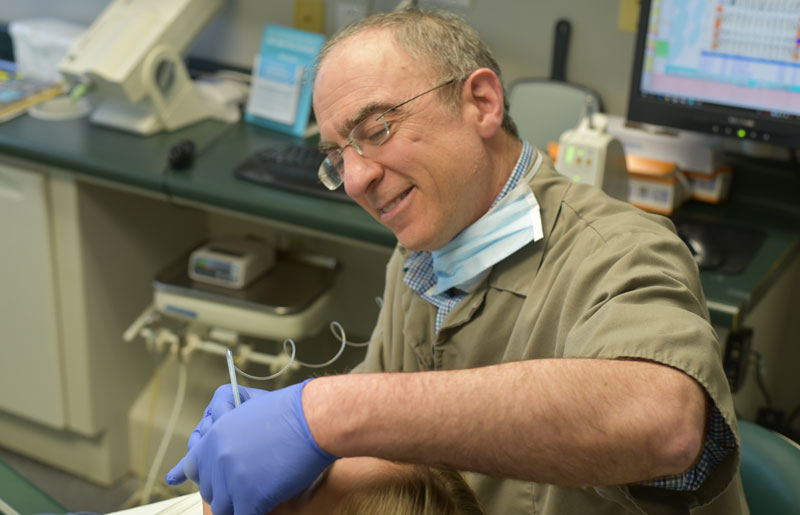
For people with eating disorders, it’s important to find a dentist who will make their office a “safe” place. Patients should feel comfortable enough to disclose their struggles and dental needs.
Once a dentist becomes aware of any disorders, they will adjust treatment to suit their patient’s needs.
Dentists can often become allies for people struggling with eating disorders. They can work with patients to aid their recovery and address any dental concerns in a safe place.
Hamburg Dental Care offers each of our patients an understanding and caring environment. Our office believes in not only addressing specific dental issues but also treating the whole person.
For more information on our dental services or patient information, please contact us today.
Eating disorders directly affect the health of our mouths and teeth in more ways than one. If you or someone you know is struggling with an active eating disorder, please contact the National Eating Disorder hotline at 800-931-2237.
